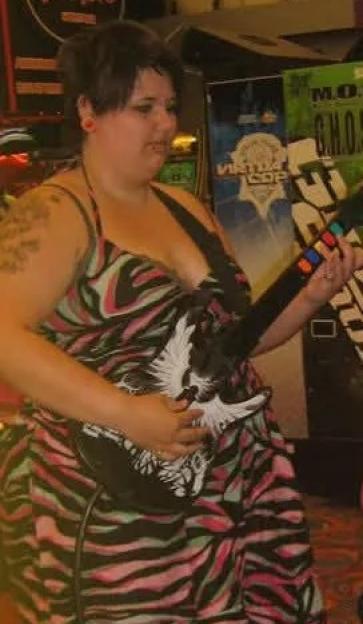Table of Contents
WHEN it comes to oral hygiene, many of us adhere to the standard practice of brushing our teeth twice daily – once in the morning and once at night.
However, dental experts caution that certain key mistakes may be counteracting your efforts, even if you're consistently brushing twice a day.
 Brushing your teeth in a hurry? Once a day might be better than twice – as long as you do it correctlyCredit: Getty
Brushing your teeth in a hurry? Once a day might be better than twice – as long as you do it correctlyCredit: Getty
The timing of your brushing is also crucial.
Indeed, brushing after breakfast can eliminate bad breath and remove leftover cereal from your molars.
However, brushing immediately after breakfast may erode your tooth enamel, making your teeth less shiny.
So, here’s when you should ideally brush your teeth, along with other oral hygiene errors you may not be aware of.
1. Twice-daily isn’t always best
Brushing twice a day is a routine many of us follow without a second thought.
Even dental professionals recommend it.
Yet, rushing through your brushing routine could be detrimental, experts warn.
Nyree Whitley, Chief Clinical Officer at mydentist , tells The Sun: “With busy schedules, it's easy to rush your brushing routine in the morning or evening – especially if you're running late for school or work.”
“However, brushing too quickly can mean that you're not cleaning your teeth effectively, or you risk injuring your gums or teeth.”
Dr. Praveen Sharma, from the School of Dentistry, emphasizes that quality matters more than quantity.
He tells the BBC : “If you can manage it, then yes, [brush your teeth] twice a day.
“But it’s better to do it once a day thoroughly than twice hurriedly.”
Nyree suggests brushing your teeth for a full two minutes, twice daily.
“If you're struggling to find the time, try playing a two-minute song or set a timer on your phone to help,” she recommends.
However, if you only brush once a day, it should be in the evening, Dr. Sharma advises – and flossing becomes essential in that case.
Flossing may seem tedious, so if you find dealing with floss difficult, consider using interdental brushes.
The rubber ones, in particular, can make the process easier and less painful.
When brushing, ensure you clean all surfaces of your teeth – each tooth has an outer, biting, and inner surface.
Dr. Sharma recommends using small circular motions on each surface without applying too much pressure, especially at the gum line.
2. Never brush after breakfast
As mentioned, brushing immediately after breakfast likely harms your enamel.
Ideally, you should brush before your meal, rather than after.
Nyree states: “Although breakfast might take precedence over brushing our teeth in the morning, it's best to brush before you eat to protect your teeth.
“After eating, your teeth require some time to remineralize.
 Remember to floss – or use interdental brushesCredit: Getty
Remember to floss – or use interdental brushesCredit: Getty
“This is especially true when you consume acidic foods or drinks like orange juice or jam.
“If you brush your teeth less than an hour after eating, you're at a higher risk of enamel erosion.
“If you prefer brushing after eating, wait at least an hour to avoid enamel damage.”
3. The same goes for booze
Had that last sip of alcohol before bed?
Unfortunately, you'll need to delay brushing your teeth again.
Nyree explains: “Beverages containing alcohol are high in acidity, which temporarily softens your enamel.
“If you brush your teeth too soon after drinking alcohol, you’ll spread the acid around and potentially damage your enamel, which is vital for protecting your teeth from harm and staining.
“If you have a drink before bed, I recommend waiting 30 minutes before brushing your teeth to minimize this.”
4. Don’t rinse after brushing
It’s likely instinctive to rinse your mouth with water after spitting out your toothpaste.
However, dental professionals advise skipping that final step.
This is because rinsing washes away the fluoride that your teeth receive from the leftover toothpaste.
“Spit, but don’t rinse






